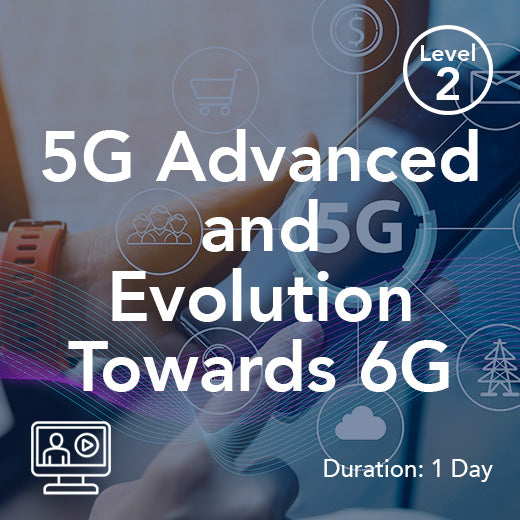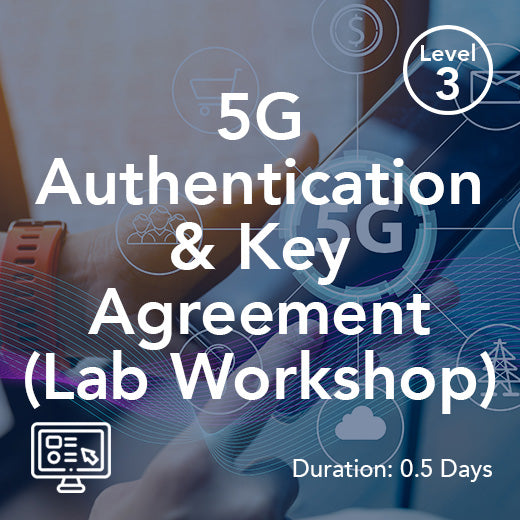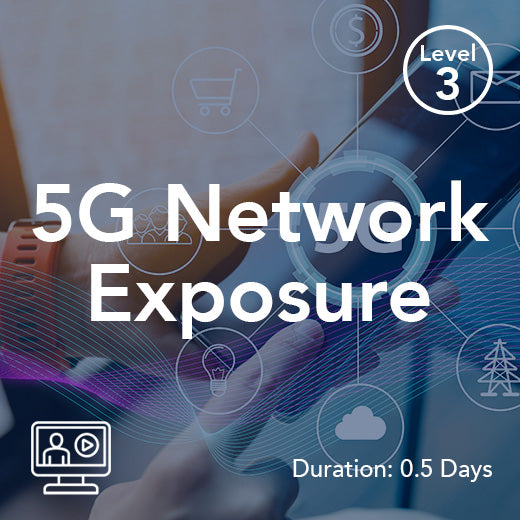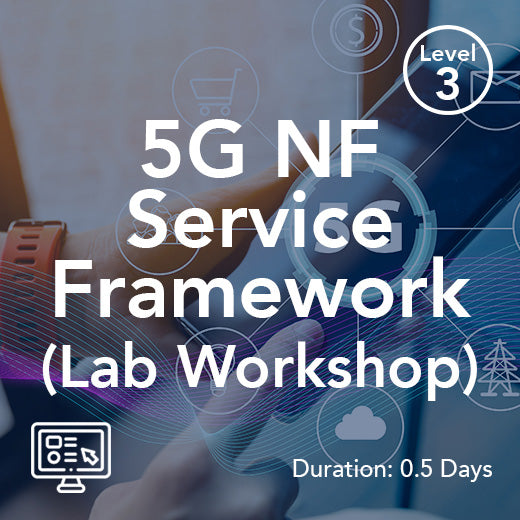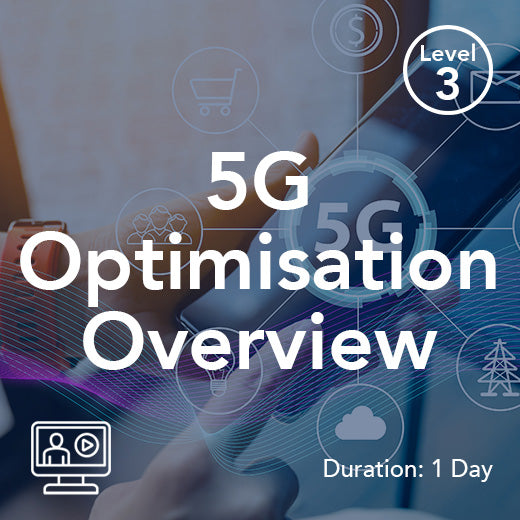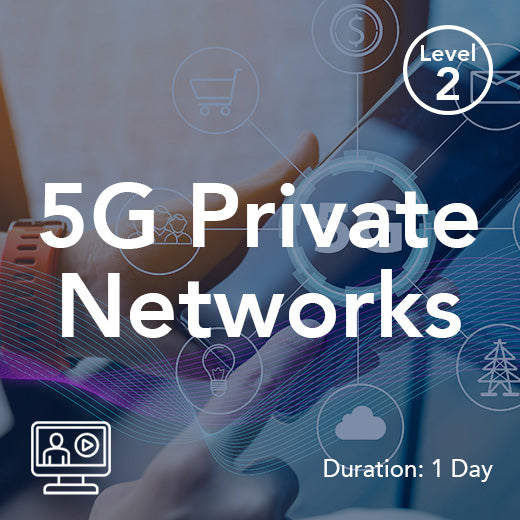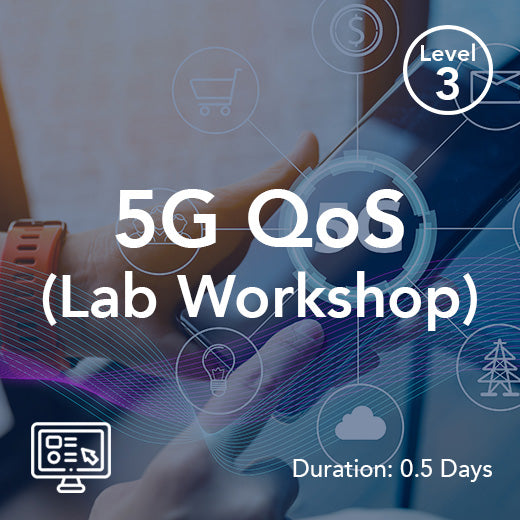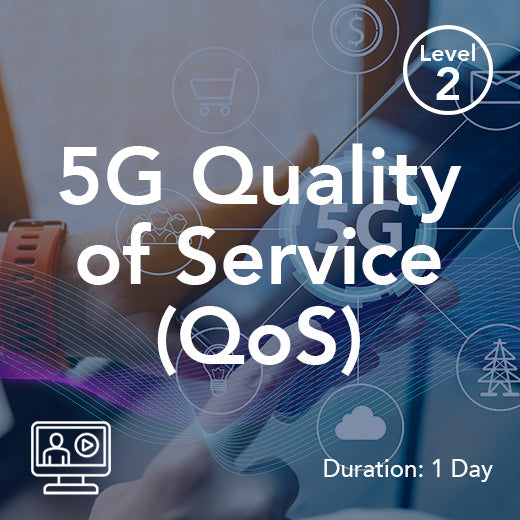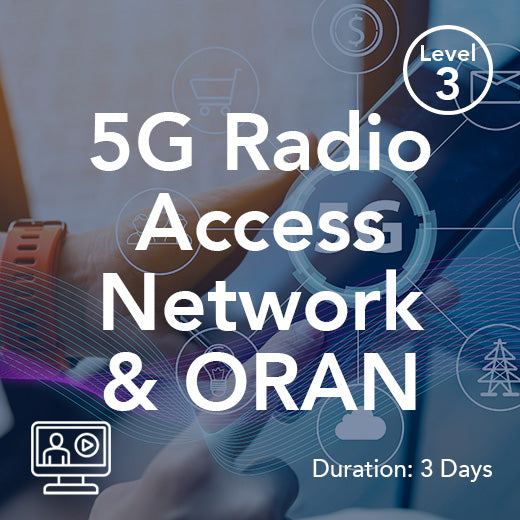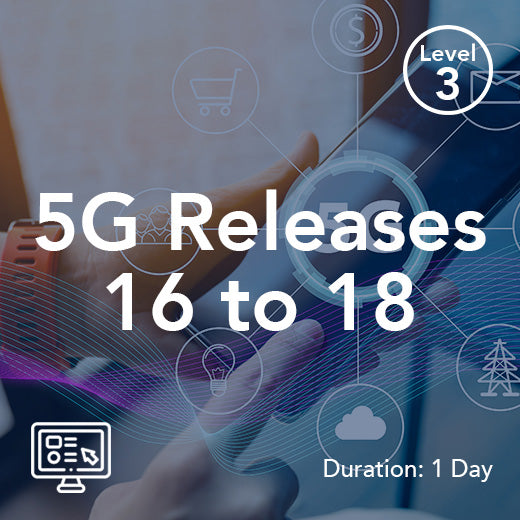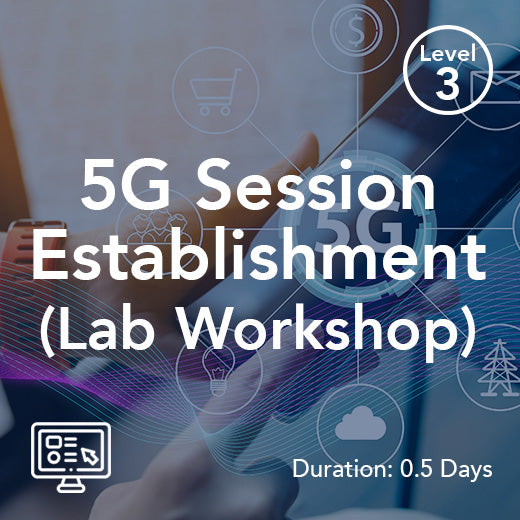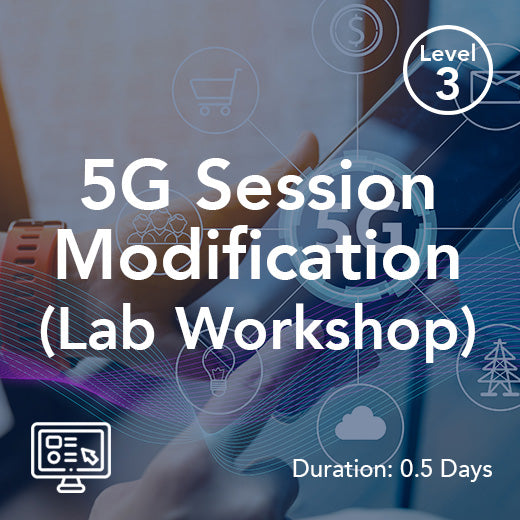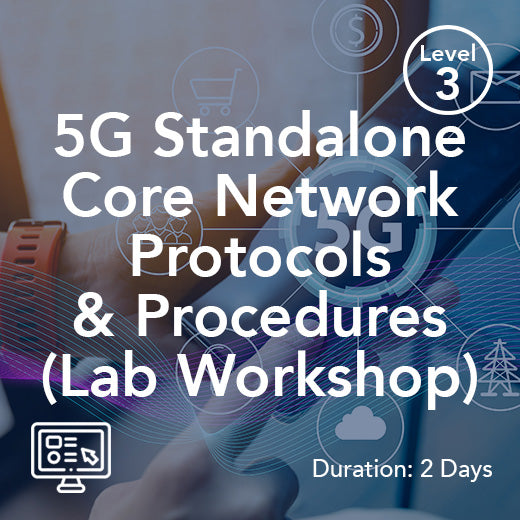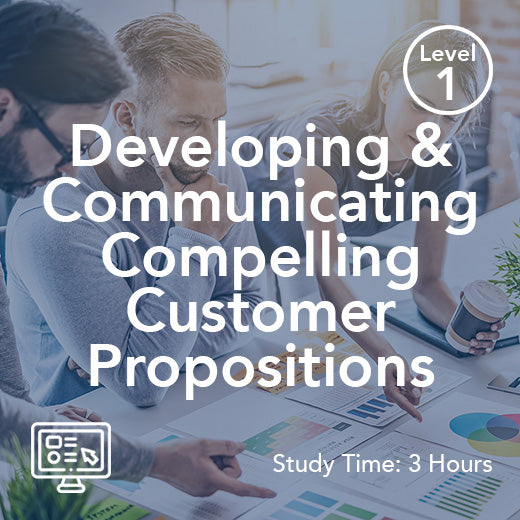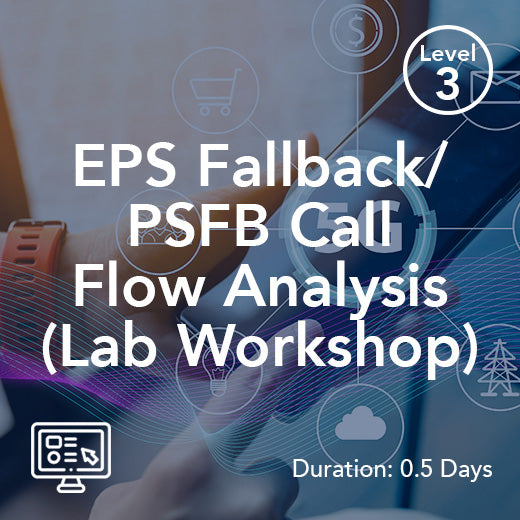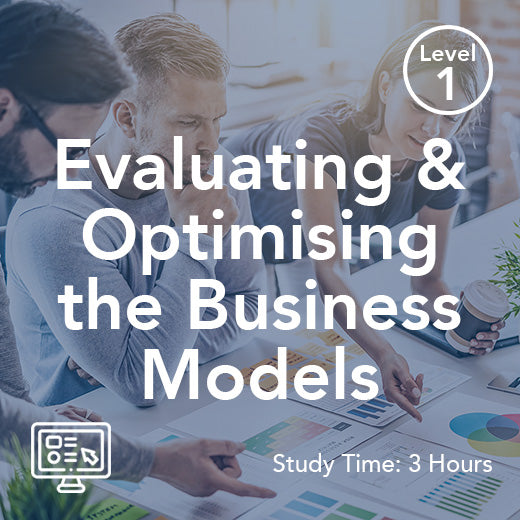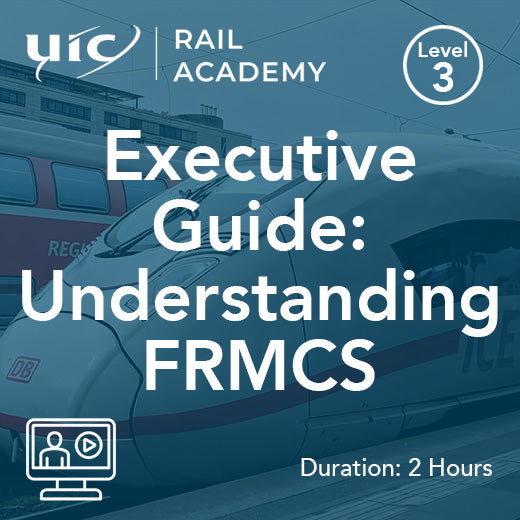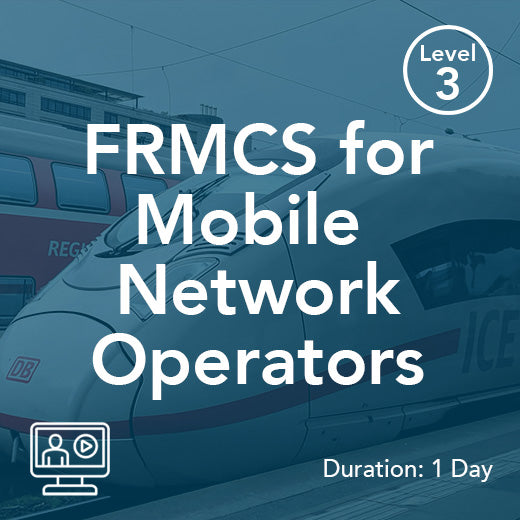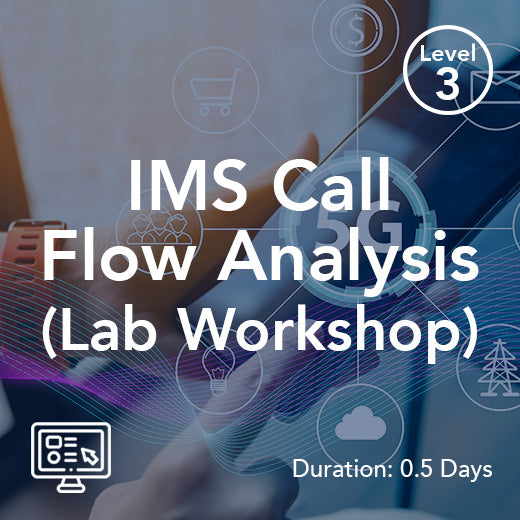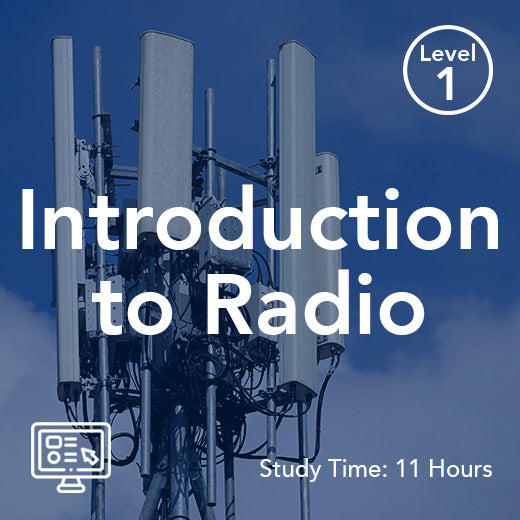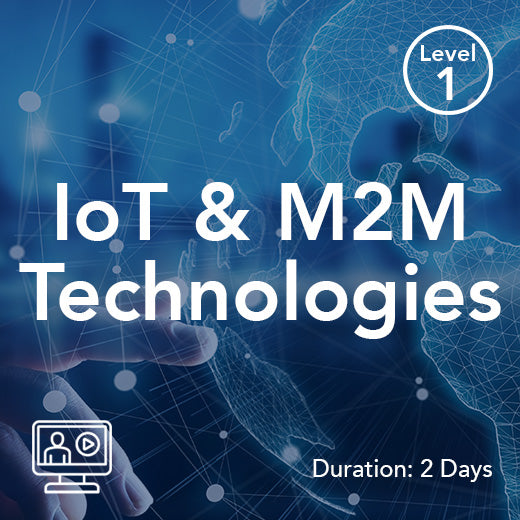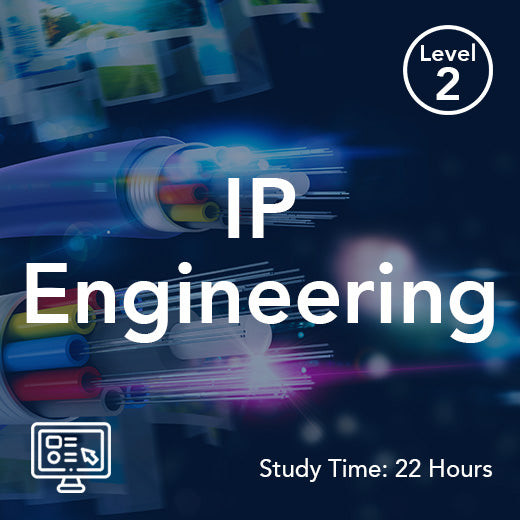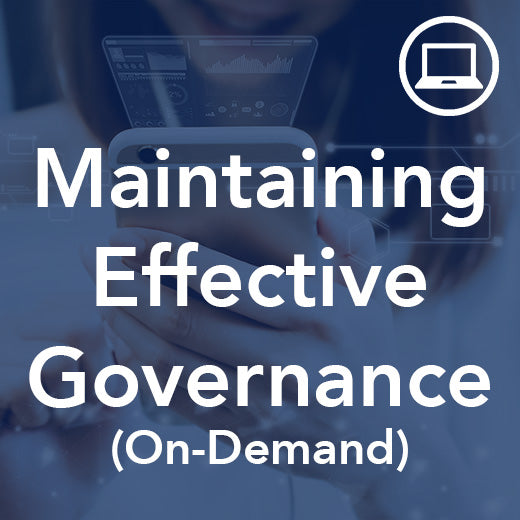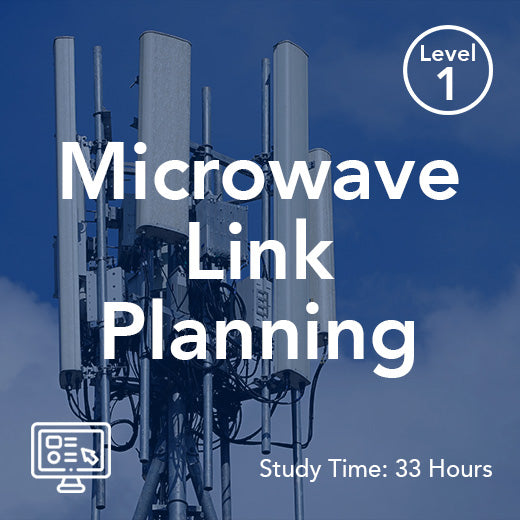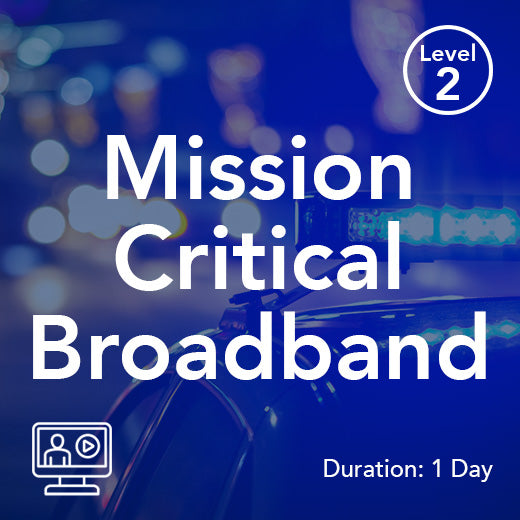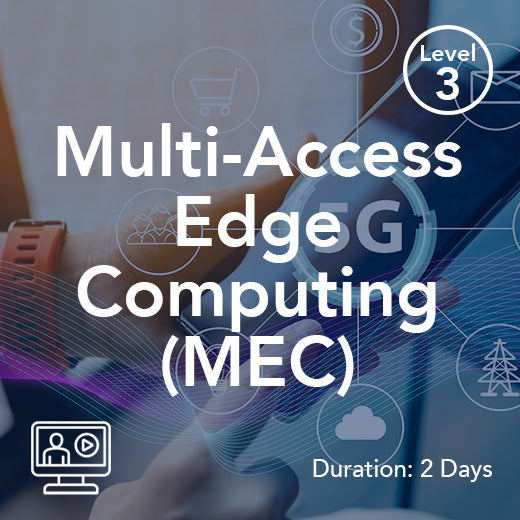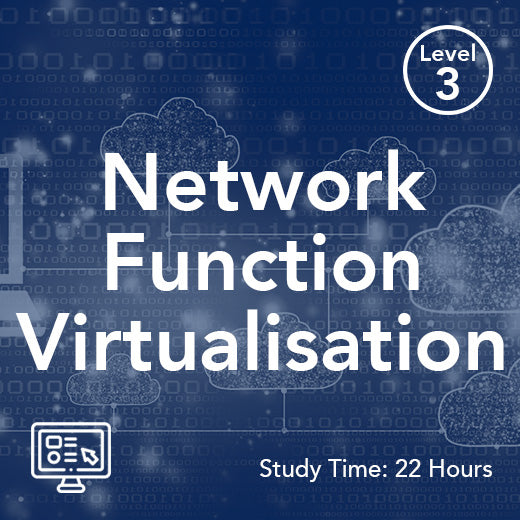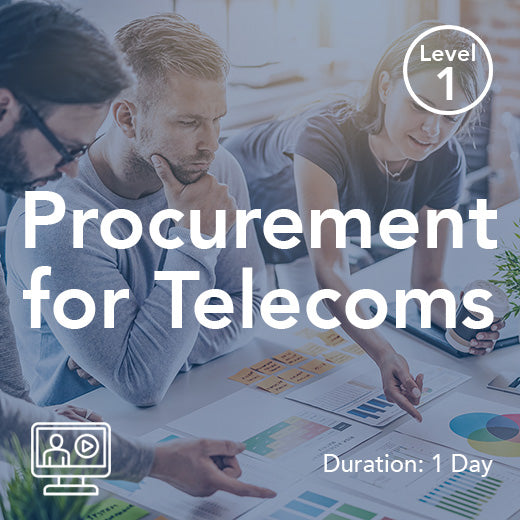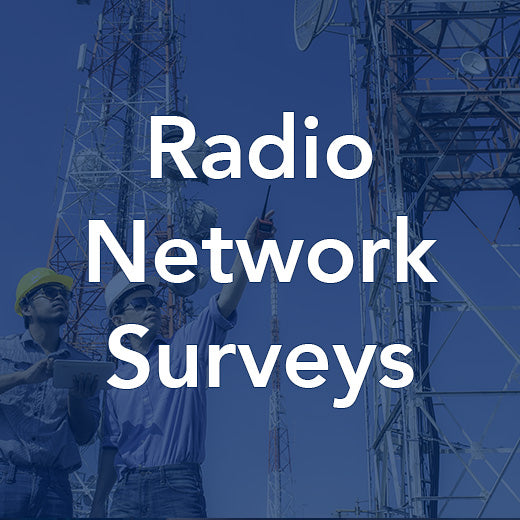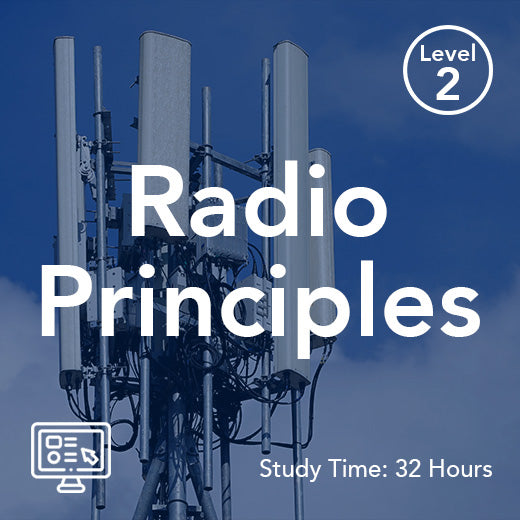This course is designed to give a comprehensive overview of existing and emerging IoT (Internet of Things) and M2M (Machine to Machine) technologies. It is aimed at those working with, or assessing IoT / M2M projects and related opportunities.
We build a good understanding of the scope, potential applications, use cases, and deployment options that are feasible, as well as the technologies and techniques available to efficiently deploy and operate the supporting infrastructure – devices, SIM Card / eSIM, networks, platforms, and wider ecosystem.
Using the main industry/global models (ETSI, 3GPP, GSMA, IoT-A, OECD), the course identifies the major requirements of modern M2M systems (from the latest SCADA systems to evolving IoT solutions), and then explores how those requirements can be met using the key existing and emerging technologies.
In particular, we build a comprehensive view of Cellular M2M, comprising the latest 5G techniques (including NB-IoT and CIoT as key 5G enabling technologies, and features such as MEC), MTC (Machine Type Communication) for LTE, and legacy GPRS deployments. In addition, we develop a good understanding of M2M eSIM remote profile provisioning – used primarily to manage device connectivity.
Who would benefit
The course is an ideal foundation for …
those working in the industry who need to rapidly upskill to help assess, driveor develop IoT opportunities within their own organisation
further study for those focusing on particular IoT / M2M technologies, or specific aspects of IoT / M2M solutions
Topic Areas Include
Introduction to IoT/M2M
Principles of Mobile Cellular Networks
Cellular M2M Systems
eSIM for M2M
MTC – including LTE-M, NB-IoT and CIoT
5G - Enabling IoT and M2M
M2M Security
Trainer: Tony Wakefield
Tony is an experienced technical trainer and competency development specialist having worked with a diverse and extensive base of companies. He has spoken at global conferences and has extensive experience in facilitating programmes, specialising in 5G and the wider aspects of telecoms and connected innovation.
Read more less


